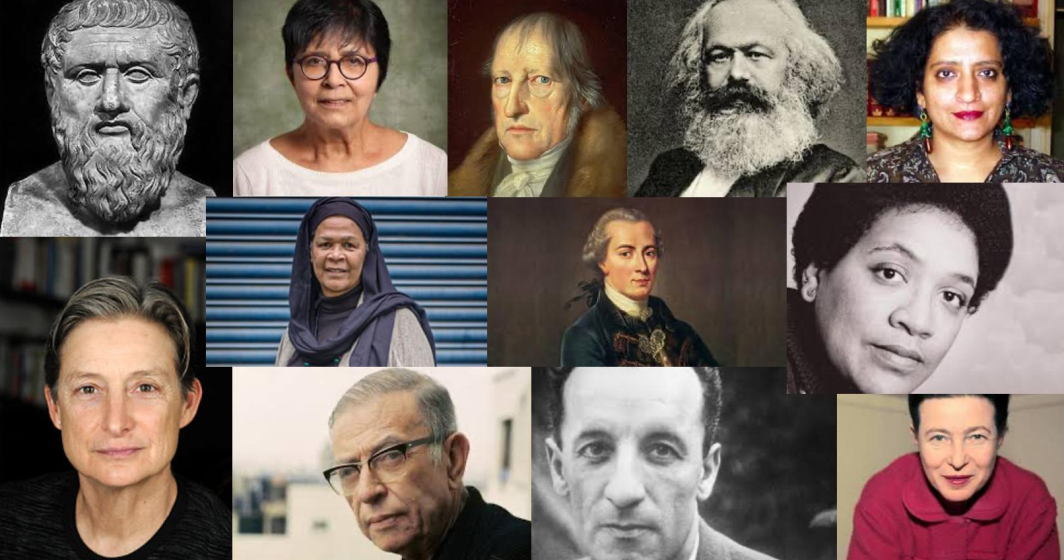
Image source:
Can F.W.J. Schelling's political philosophy be (a) systematically reconstructed and (b) interpreted through critical theory?
F.W.J. Schelling is not known to be a political thinker. His political remarks from 1795-1854 appear sporadically throughout his oeuvre and have not yet been systematically reconstructed. The different time periods and divergent thematic contexts in which Schelling’s explanations of the law and the state are embedded add an extra interpretive challenge to any project seeking to present his political philosophy. Existing works on Schelling’s political philosophy therefore typically focus only on one aspect or period of his thought. This project instead demonstrates that Schelling’s commitment to preserving a radical notion of individual freedom in the context of the collective can be traced throughout his entire career. This leads him to persistently defend a minimal state that he claims ought to serve the freedom of individuals, not the other way around. Moral and political life, for Schelling, exceed the state. In other words, the state should not mediate our moral decisions and ways of relating to one another. While this conclusion could be interpreted in a conservatist vein, I venture, in view of the previous research of Jürgen Habermas and Manfred Frank, to analyse it through Marxist-inspired critical theory. Schelling’s political philosophy thus emerges as a critique of the Hegelian state and as distinctly messianic. In other words, it moves us to radically critique the structural injustice of the present through the deferral of total reconciliation and justice to a qualitatively different time. This prompts a re-evaluation of the misconception that the critique of state-sanctified oppression belongs on only one end of the left-right ideological spectrum. Critique-and hope-are beyond such ideological polarization.
